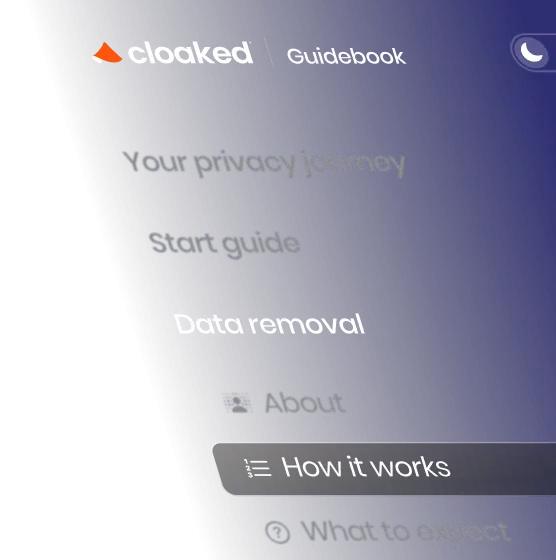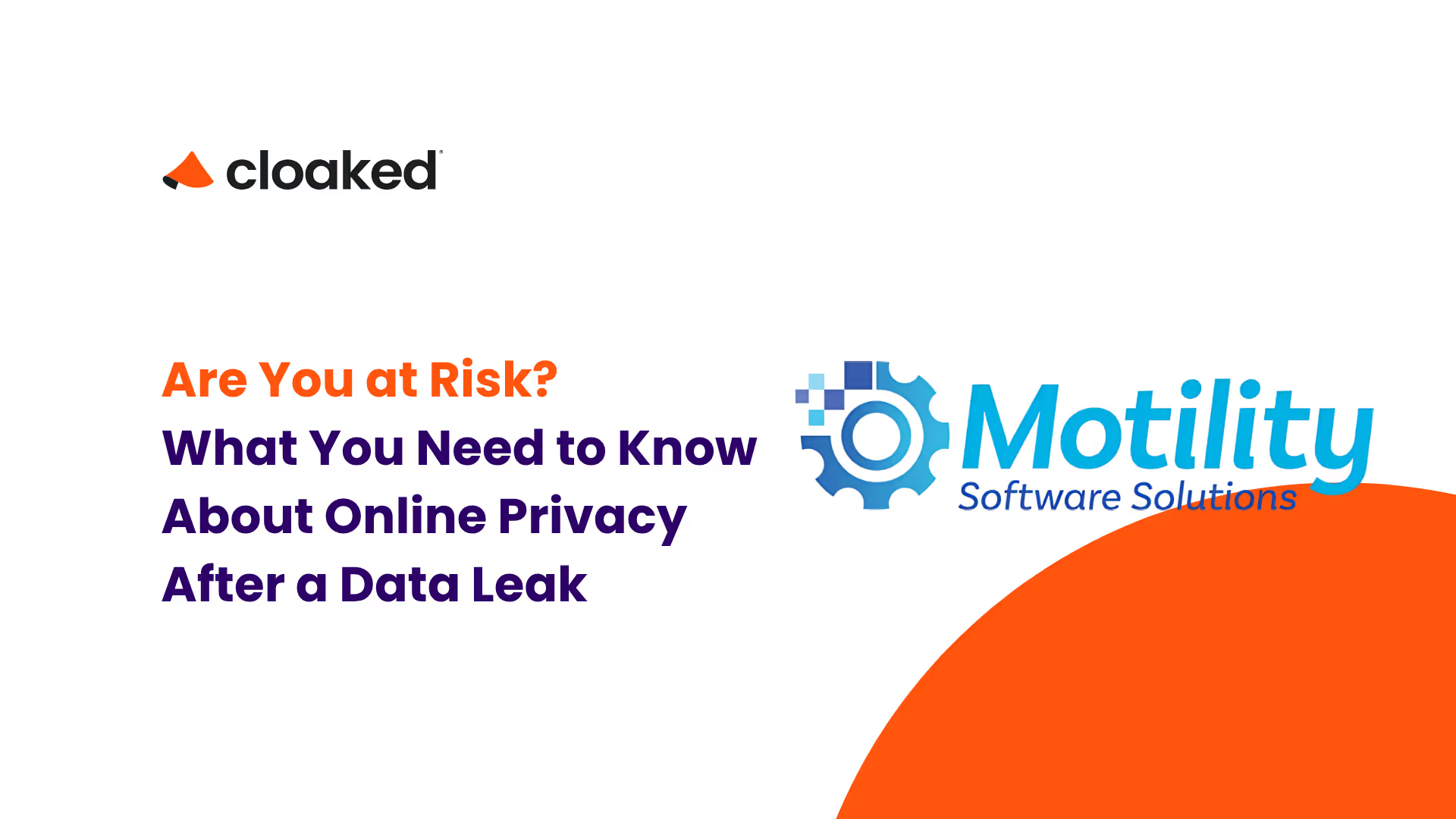In an era where our lives are intertwined with digital footprints, a data breach is not just a technical mishap—it's a personal invasion. Knowing what information has been exposed can be unsettling. From social security numbers to email addresses, the specifics of what gets leaked can vary, but the impact remains consistently severe. Let's walk through the essentials of what you need to know if your data has been compromised and what steps you should take to safeguard your digital identity.
What Data Points Were Leaked?
When you hear about a data breach, it’s natural to wonder, “What exactly did they get?” Not all leaks are equal. The information exposed varies, and the impact hinges on how sensitive those data points are.
Common Data Points Exposed
Here’s what usually ends up in the wrong hands:
- Full Names: The basic building block for identity theft. Alone, it seems harmless—paired with other data, it’s dangerous.
- Email Addresses: The doorway to your digital life. Phishing, spam, and social engineering start here.
- Phone Numbers: Expect unwanted calls, texts, and targeted scams.
- Physical Addresses: Raises the risk of fraud, impersonation, and even threats to physical safety.
- Usernames and Passwords: With these, hackers try logging in everywhere else you have accounts.
- Date of Birth: Combined with other details, this is gold for identity thieves.
- Social Security Numbers (or equivalents): The most sensitive. When this is leaked, the risk of identity fraud skyrockets.
- Payment Card Information: Credit or debit card numbers, expiration dates, and CVVs mean direct financial risk.
Severity Depends on What Was Leaked
Not every breach is catastrophic. If only an email address leaks, you may face spam or phishing attempts. When social security numbers, passwords, or card data are exposed, the fallout can be severe—think identity theft, financial loss, and credit damage.
Even something as simple as your birthday, when linked with your name and email, can give scammers enough to impersonate you or answer security questions elsewhere.
If you use a service like Cloaked, which creates unique, disposable emails, phone numbers, and passwords for every account, you add a critical layer of protection. That way, even if a site is breached, your actual personal information isn’t exposed—just the Cloaked alias.
Should You Be Worried?
When personal information leaks, the risk isn’t just hypothetical—it’s real, immediate, and personal. Many shrug off minor data breaches, thinking, “What could someone do with my email address or birthday?” But the reality is that even small bits of information can be stitched together to cause significant harm.
Why Small Details Matter
You might be surprised how much damage can start with scraps of information. Here’s how:
- Phishing Attacks: Criminals use names, emails, or birthdays to craft convincing fake messages, tricking you into revealing more sensitive details.
- Credential Stuffing: If one password leaks, attackers try it with your other accounts. A reused password is a ticking time bomb.
- Social Engineering: Even your pet’s name or your favorite sports team can be used to answer security questions and break into accounts.
Anecdote: Ever received an email that addressed you by name, referenced an old password, and seemed eerily personal? That’s not luck. It’s a sign your data has been floating around the web, stitched together from various leaks.
The Real-World Fallout
The dangers of leaked data go far beyond annoying spam. The consequences can hit home and wallet:
- Identity Theft: Fraudsters can open credit cards, apply for loans, or even commit crimes under your name.
- Financial Fraud: With enough details, bank accounts can be drained or credit ruined.
- Account Takeover: Once in, attackers can lock you out of your own services—email, social, even workplace tools.
- Reputation Damage: Sensitive information, if exposed, can cause lasting harm to your personal and professional life.
It’s Not Just About Big Data Breaches
People often assume only massive leaks matter, like those from banks or social networks. But even small breaches—say, from a forgotten forum or an old shopping site—can lead to serious trouble. Attackers are patient. They collect tiny pieces from various sources and patiently build a complete profile.
How Cloaked Fits In
Here’s where a tool like Cloaked can help. With features that let you create masked emails, phone numbers, and usernames, Cloaked breaks the chain of usable data. Even if one piece gets exposed, it doesn’t lead directly to you. This approach keeps your real information out of reach, making it much harder for attackers to connect the dots.
Bottom line: Any leaked detail, no matter how trivial it seems, can be a key in the wrong hands. Staying alert and protecting every bit of personal data is not just smart—it’s necessary.
What Should Be Your Next Steps?
A data breach can feel like someone’s just rifled through your private drawers. Shocked? You’re not alone. But don’t freeze. There are practical steps you can take right now to limit the damage and regain control.
1. Change All Affected Passwords—Immediately
- Start with the breached account. If you use the same password elsewhere (don’t worry, you’re not alone), update those accounts too.
- Use strong, unique passwords for each site. A password manager can help keep things organized and secure.
- Activate two-factor authentication (2FA) wherever it’s offered. This extra layer can block would-be intruders, even if they have your password.
2. Monitor Your Financial Accounts and Credit
- Keep an eye on your bank and credit card statements. Look for charges you don’t recognize. Even small, odd transactions can be warning signs.
- Check your credit report regularly. In the US, you’re entitled to one free report a year from each bureau at AnnualCreditReport.com.
- Consider a credit freeze if you suspect your Social Security number or other sensitive information was stolen. This makes it harder for thieves to open accounts in your name.
3. Watch for Phishing Attempts
- Be suspicious of emails or calls asking for more information or urging you to “verify” accounts. Attackers often follow up breaches by targeting victims directly.
- Don’t click on suspicious links or download attachments from unknown sources.
4. Use Privacy and Security Tools
Protecting your online identity isn’t just about plugging holes—it’s about building stronger walls. This is where tools like Cloaked step in:
- Cloaked creates encrypted, one-time-use email addresses, phone numbers, and passwords. This means your real data stays hidden, making it much harder for hackers to trace back to you—even if a breach occurs elsewhere.
- With Cloaked, you can mask your personal information when signing up for new services, reducing your exposure in future breaches.
5. Stay Informed and Update Your Security Habits
- Follow updates from the company or service that was breached. Sometimes, they’ll provide specific instructions or updates about what was compromised.
- Educate yourself about common scams and stay alert for new threats. Knowledge really is power here.
Responding to a data breach isn’t about panic—it’s about action. Quick, informed moves can keep your personal and financial life intact, even when things get messy.
Cloaked FAQs Accordion
Frequently Asked Questions
First, change your passwords—especially if you've reused them across sites. Then enable two-factor authentication (2FA) on all key accounts. Review your account and credit activity regularly for any unusual behavior. If suspicious actions surface, consider freezing your credit and alerting your bank. To proactively reduce exposure in the future, tools like Cloaked can mask your personal information before breaches happen.
Cloaked provides you with disposable emails, phone numbers, and payment details, making it harder for bad actors to access your real identity. These tools help you safely sign up for services, communicate, and shop online without putting your core identity at risk.
Commonly targeted data includes full names, email addresses, phone numbers, birthdates, physical addresses, login credentials, and payment info. Tools like Cloaked help shield this information by providing secure, masked alternatives.
Always be skeptical. Malicious links are one of the most common ways hackers infect devices or steal data. Avoid clicking unless you can verify the source. Services like Cloaked can add layers of security so your real contact info isn’t exposed even if you make a mistake.
Using the same contact info across platforms makes it easy for attackers to build a full profile of you. If one platform gets breached, all your accounts can be at risk. That’s why Cloaked allows you to use different, secure contact methods for each service.


















